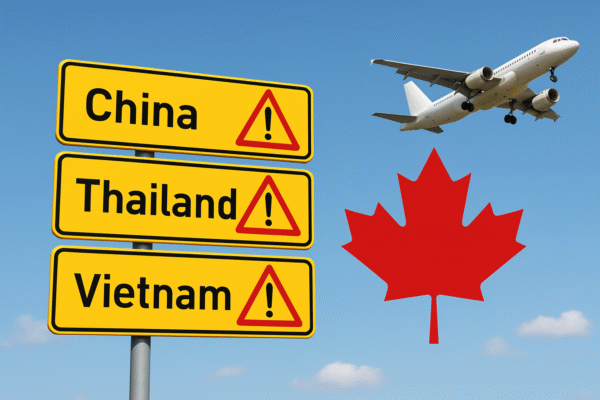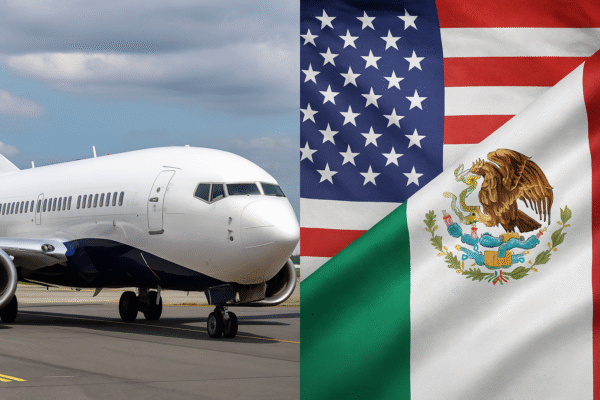In a bold initiative poised to reshape the future of European tourism, Greece has proposed the introduction of a single multi-country tourist visa that would allow international travelers to visit multiple EU member states with one streamlined application. The proposal, spearheaded by Greek Tourism Minister Olga Kefalogianni, is gaining widespread support across Europe, particularly from Italy and France—two of the region’s most visited destinations—as well as from top outbound tourism markets like India and China.
This visionary plan aims to simplify visa formalities and promote cross-border tourism within the European Union. The proposed visa would function similarly to the existing Schengen visa but with greater accessibility, particularly for travelers from emerging economies. During a recent tourism policy forum in Rome, Italian Foreign Minister Antonio Tajani endorsed the idea, calling it “a vital step forward” in restoring and enhancing European travel post-pandemic.
A New Era of Streamlined European Travel
Currently, the Schengen visa allows access to 29 European countries under a single permit, but the process of acquiring it can be cumbersome for non-European travelers, especially those applying for the first time. Greece’s plan would remove redundancies and create a more inclusive approach, especially targeting middle-class travelers in India and China who are eager to explore Europe’s cultural and historical offerings.
“This proposal is rooted in real market demand,” Kefalogianni stated. “We see increasing interest from India’s growing middle class and the returning Chinese outbound travelers. The time has come for the EU to offer a more seamless, traveler-friendly visa framework.”
Tourism Surge from India and China
India and China have consistently ranked among the top contributors to Europe’s inbound tourism. According to the European Travel Commission, the first half of 2025 witnessed a nearly 20% surge in travel from India, while Chinese arrivals rebounded by 16% year-over-year. With the global outbound tourism market shifting eastward, a simplified multi-country visa could dramatically boost Europe’s competitiveness against destinations like Southeast Asia and North America.
In 2024, India submitted over 1.1 million Schengen visa applications, and China over 1.7 million, based on data from the European Commission. These figures reflect the demand for European travel, particularly multi-country trips. A unified tourist visa would make itineraries including Athens, Rome, and Paris far more feasible for families and young professionals from Asia.
Strategic Benefits for Southern Europe
The proposal is especially attractive to Southern European countries like Greece, Italy, Portugal, and Spain, which rely heavily on tourism for economic stability. These destinations aim to extend visitor stays and encourage exploration beyond the usual hotspots. By easing visa access, they can attract tourists not just for weekend getaways but for extended multi-destination vacations.
France and Italy—two of the world’s most visited countries—have aligned with Greece’s vision. Tajani emphasized the economic benefit: “Tourism is not just leisure; it’s a pillar of our GDP. Facilitating travel brings direct returns in accommodation, retail, gastronomy, and local employment.”
A Boost for EU’s Post-Pandemic Recovery
The proposal aligns with the European Union’s broader strategy to revitalize the tourism industry following COVID-19 disruptions. The European Commission recently reported that international arrivals are projected to surpass 2019 levels by the end of 2025, thanks in part to easing travel restrictions and digitizing visa procedures. A unified EU tourist visa could act as a catalyst in accelerating this recovery.
Kefalogianni’s proposal also complements recent developments in the EU’s visa facilitation agreements with countries like India, Turkey, and several Balkan nations, further demonstrating the bloc’s shift toward more inclusive and accessible travel policies.
Challenges and Implementation Considerations
While the concept is popular among policymakers and tourism boards, the practical implementation will require high-level coordination. EU nations will need to harmonize security screening processes, biometric verification systems, and data-sharing frameworks to ensure the integrity of the visa system.
Experts suggest that a phased rollout, starting with select partner countries such as India and China, could be a strategic approach. This would allow the EU to test and refine the new system while managing potential security and administrative concerns.
Industry Reactions and Economic Impact
Tourism stakeholders—including airlines, hotel chains, and travel agencies—have welcomed the initiative. The European Travel Agents’ and Tour Operators’ Association (ECTAA) issued a statement saying: “A unified tourist visa would boost the efficiency and appeal of multi-country travel packages, encouraging longer stays and higher spending per trip.”
According to the World Travel & Tourism Council, the European tourism industry contributes over €1.9 trillion to the EU economy and supports more than 38 million jobs. Making travel more accessible could significantly increase this contribution, particularly from high-growth markets in Asia.
Looking Ahead
As the EU continues to redefine its global tourism strategy, Greece’s multi-country visa proposal stands as a potential game-changer. If adopted, it could usher in a new era of accessible, seamless, and interconnected travel across Europe, driving sustained economic recovery and enhanced cultural exchange.
Italy, France, India, and China—key players in this initiative—are poised to benefit greatly. For millions of prospective travelers dreaming of exploring the Colosseum, the Eiffel Tower, and the Acropolis in one go, this proposal offers more than convenience; it offers a new kind of European journey.
As discussions move forward at the EU level, the travel world watches closely. The hope is clear: a smarter, simpler visa system that opens Europe’s doors wider than ever before.
For more travel news like this, keep reading Global Travel Wire



















